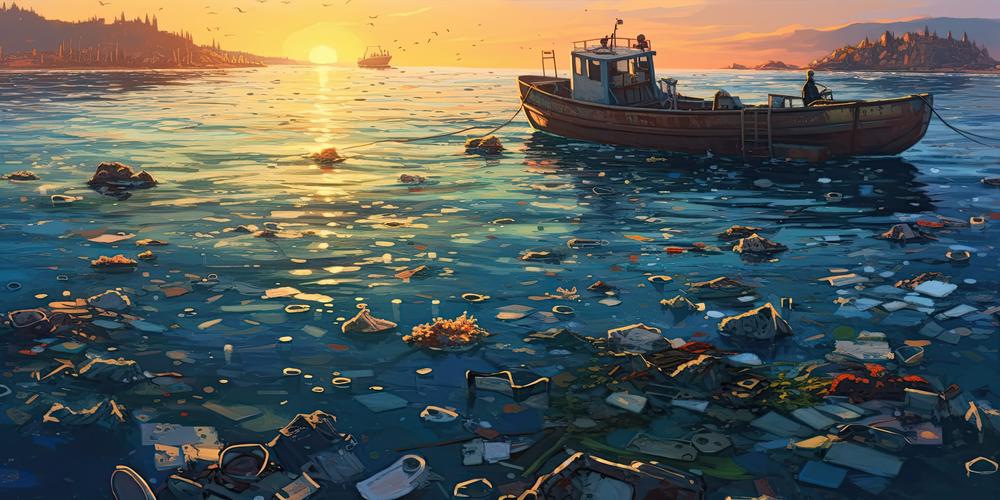
Cruise ships, often referred to as floating cities, cater to thousands of passengers and crew members, providing them with a wide variety of meals daily. This extensive food service inevitably leads to a significant amount of food waste. Managing this waste efficiently and sustainably is crucial for both environmental protection and regulatory compliance. Here’s how cruise ships handle their food waste:
1. Segregation at the Source
One of the first steps in managing food waste on cruise ships is segregation. Crew members separate food waste from other types of waste such as plastics, paper, and metals. This segregation happens at the point of collection, usually in the ship's kitchens and dining areas. Proper segregation ensures that food waste can be processed appropriately without contamination.
2. Onboard Processing
Once segregated, food waste undergoes various onboard processing methods:
- Maceration: Food waste is often macerated, which means it is ground into small particles using specialized machines. This process reduces the volume of the waste and makes it easier to handle.
- Dehydration: Some ships use dehydration systems to remove moisture from the food waste. Dehydrated waste is lighter and less voluminous, making storage and disposal more manageable.
- Composting: Certain cruise lines have implemented composting systems onboard. These systems convert food waste into compost, which can be used as a soil conditioner. The composting process helps in reducing the overall waste volume and producing a useful byproduct.
3. Disposal at Sea
International maritime regulations, specifically the MARPOL Annex V, dictate how food waste can be disposed of at sea. Under these regulations:
- Grinding and Disposal: Ground food waste can be discharged into the ocean, but only when the ship is at least 12 nautical miles from the nearest land. This discharge must occur while the ship is moving to ensure proper dispersion.
- Special Areas: In designated special areas, stricter rules apply, and discharge of any waste may be prohibited or limited.
4. Port Disposal
In addition to disposal at sea, cruise ships also offload food waste at ports. Many ports have facilities to handle various types of waste, including food waste. These facilities often include:
- Waste Collection Services: Ports provide services for collecting and transporting food waste to appropriate disposal or recycling centers.
- Anaerobic Digestion: Some ports send food waste to anaerobic digestion facilities, where it is broken down to produce biogas and nutrient-rich digestate.
5. Sustainability Initiatives
Cruise lines are increasingly adopting sustainability initiatives to reduce food waste:
- Waste Reduction Programs: Efforts to reduce food waste begin with minimizing overproduction and improving inventory management. Advanced planning and real-time tracking help in aligning food preparation with actual consumption needs.
- Partnerships with NGOs: Some cruise lines partner with non-governmental organizations (NGOs) to donate surplus food to local communities at various ports of call. These partnerships help in redirecting excess food to those in need, reducing waste, and supporting social causes.
- Education and Training: Educating crew members and passengers about the importance of waste reduction and proper disposal practices is another critical component. Training programs and awareness campaigns onboard encourage responsible behavior and compliance with waste management protocols.
Managing food waste on cruise ships is a multifaceted challenge that requires a combination of technology, regulation, and proactive initiatives. By segregating, processing, and responsibly disposing of food waste, cruise ships aim to minimize their environmental impact and contribute to sustainability efforts. As the industry continues to evolve, we can expect further innovations and improvements in how cruise ships handle food waste, ensuring a cleaner and greener future for our oceans.


